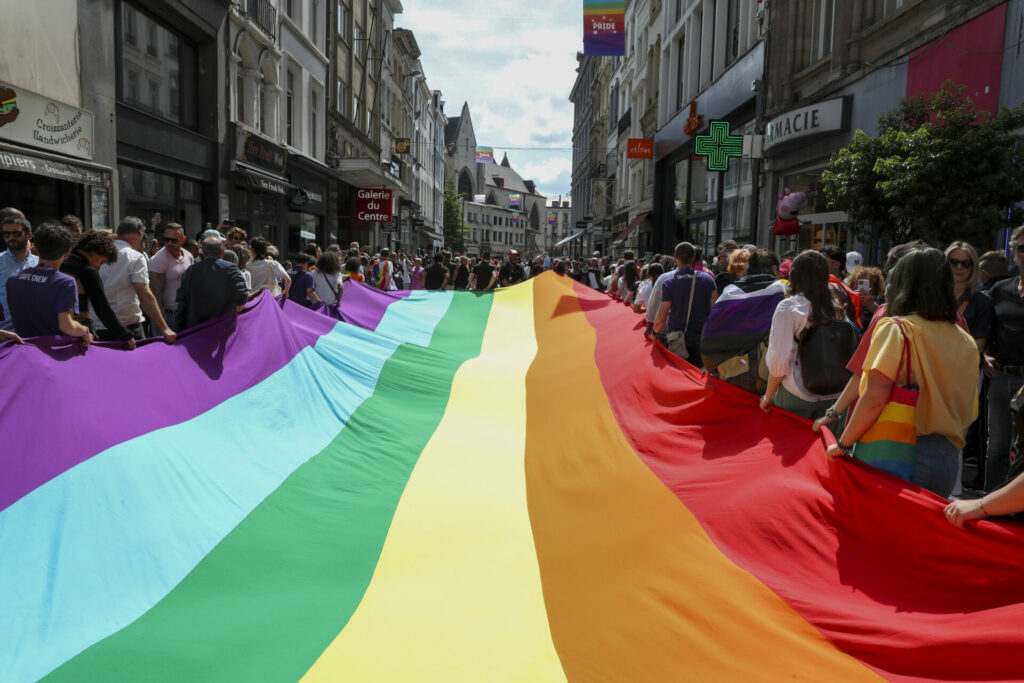There has been a steady increase in the social acceptance of lesbian, gay and bi relationships among young people, who are also more often identify as LGBTQI+.
Young people in Britain longer have the same attitudes towards sexual preferences as their parent's generation and are themselves increasingly in lesbian, gay and bi relationships, a new study by the LGBTQ+ charity Stonewall, in collaboration with the Ipsos market research company titled "Rainbow Britain Report", showed.
"We see these generational differences because, as societies become less hostile to LGBTQ+ people, and as LGBTQ+ people are more visible in public life, more and more of us feel comfortable coming out, and living our full lives," the report read.
Within Gen Z (the generation of people born between 1997 and the mid-2010s), named by the report as the "rainbow generation," only 71% of people identify as straight, compared to 91% of Baby Boomers (56 years and over), showing that, over the generations, fewer and fewer people identify as heterosexual.
Meanwhile, 14% of people identify as bi or pansexual (compared to just 2% of Baby Boomers), 10% identify as bisexual, 5% as asexual, 4% as lesbian, 4% as pansexual and 2% as homosexual.
Related News
- Deadliest rise in anti-LGBTQ violence in over a decade, experts warn
- Belgium to support EU decision to take Hungary to court over anti-LGBTQ law
"These figures are not surprising,” gender sociologist and author Arnaud Alessandrin told RTBF. “We observe this phenomenon in other countries such as Germany, Australia, Canada or the United States, where research shows an increase in people who say they are non-heterosexual, and an increase in the affirmation of non-binary, which is also a very generational dimension.”

